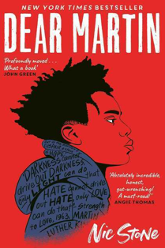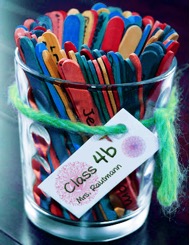Usually, the spouses of vice presidents of the United States don’t attract much public attention. Many Americans probably can’t even name more than two or three second ladies, but that is just a guess. Yet Doug Emhoff is the husband of Kamala Harris, the first female African American, South Asian American Vice President of the United States. He’s becoming a household name and breaking down barriers as America’s first Second Gentleman as well as the first Jewish spouse of any vice president. Does that really matter, you might ask yourself? It shouldn’t, but it does. Let’s take a look at a clip from an interview taking social media by storm that gives us insight into his popularity:
https://www.youtube.com/watch?v=EeF8_UcrDz0
So is he ‘just’ a father as well as a charming and supportive husband of a ‘Powerfrau,’ as we would say in German? Or will he play a real role in American life and politics? What can we expect of a man in the role of Second Gentleman?










